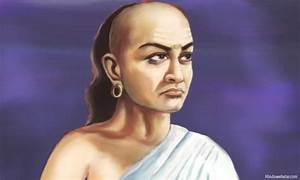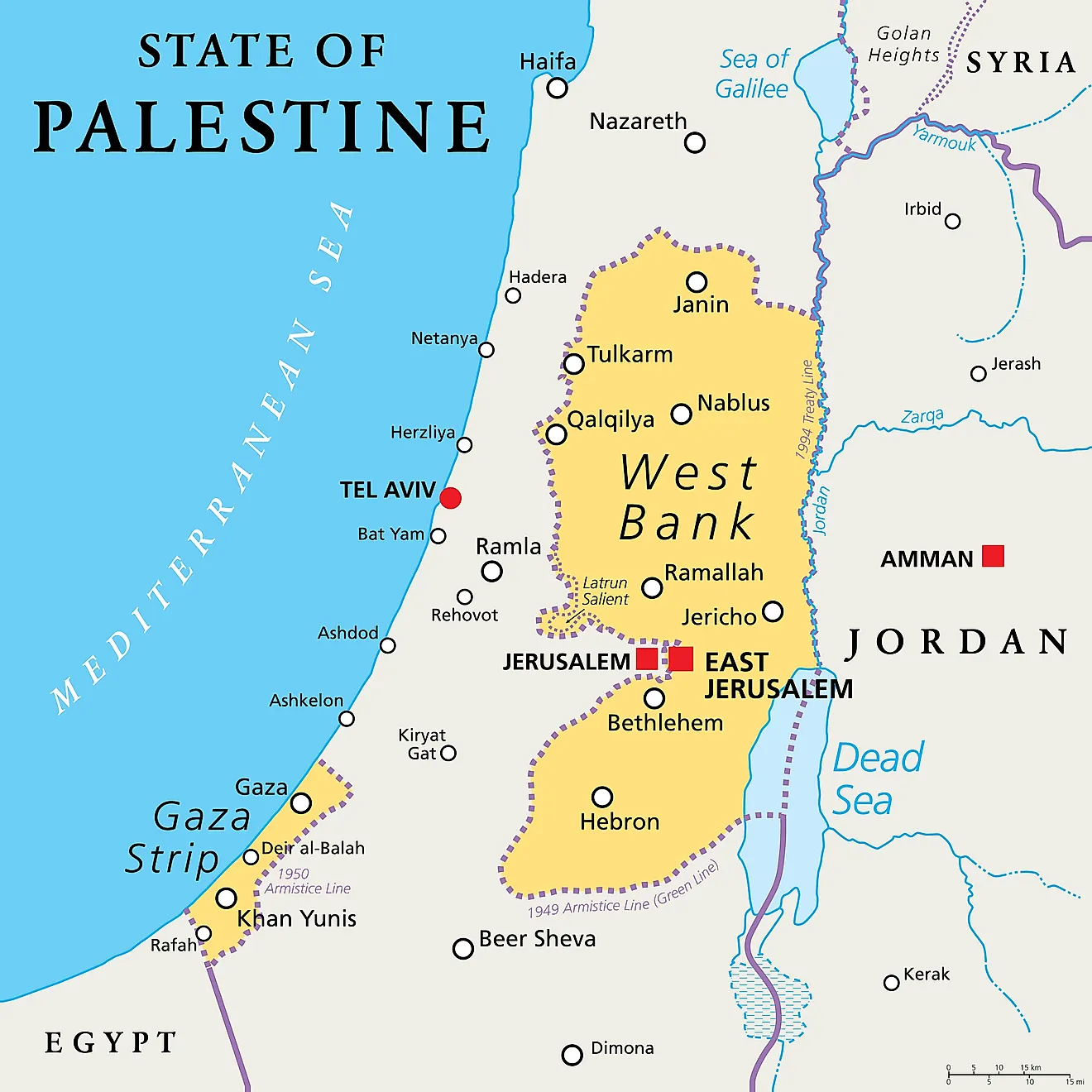Group identity vs. individual Liberty has played an outsized role in human progress and by inference societies. After the early Greek flourish, there was a rise of religions. First Christianity and then Islam became dominant religions. Human beings everywhere started having the wherewithal to rule over larger territories and impose control. Order in society became of paramount importance. Kings and religious leaders held sway. Tradition, precedence and discipline ruled. The progress in human thinking slowed down drastically. Till the age of enlightenment in Europe.
Newton, Copernicus, and Galileo in science; Locke, Descartes, Voltaire, Kant and many others ushered in the age of reason. This naturally led to the triumph of the individual over the group. Human rights started getting important. liberty, equality, freedom, opportunity, and tolerance became cardinal virtues in many parts of the world.
How has it helped in human advancement? Societies high on individual liberty (mostly Western countries) have come up with exceptional thinkers who have created new paradigms for progress. This has made these societies prosperous, and forward-looking thus fuelling a virtuous cycle. Many other societies which have been relatively prosperous have fallen into stasis after brief spurts.
The crucibles of these ideas are the schools and universities. The space that Governments and socities allow help them to seed the minds of these free thinkers who can wrestle with ideas with unecumbered minds.



